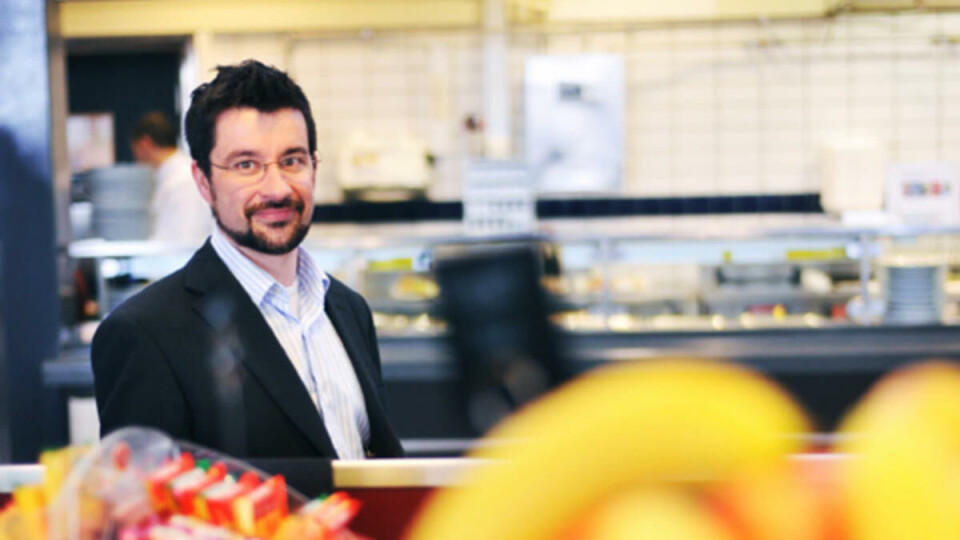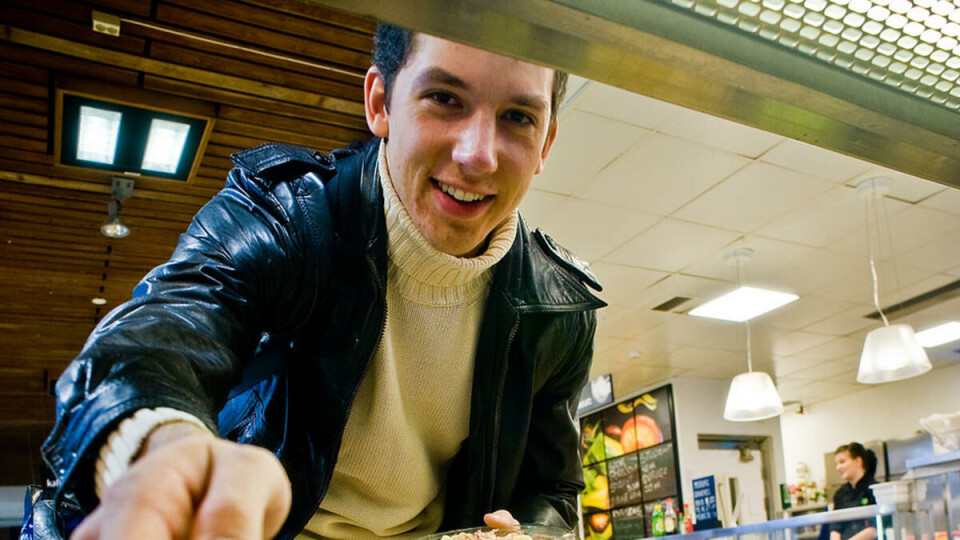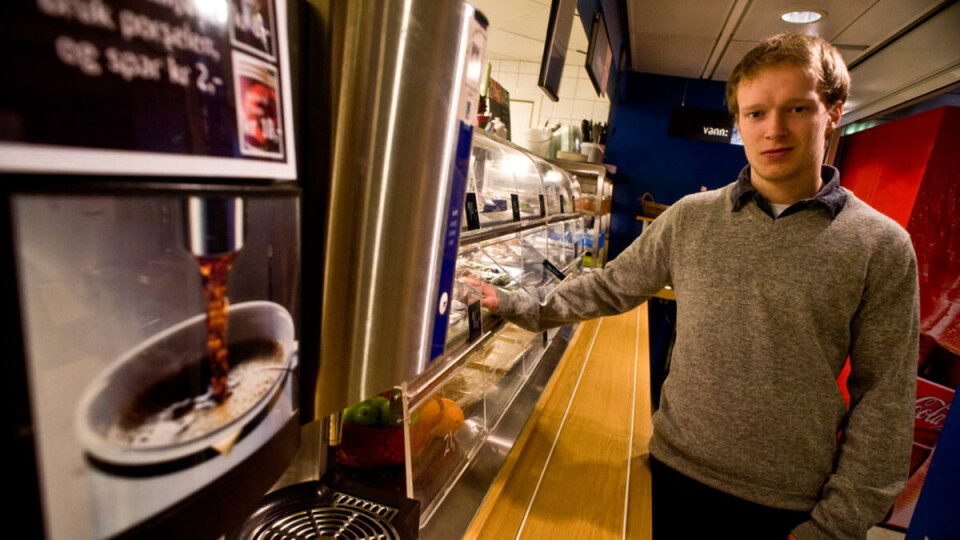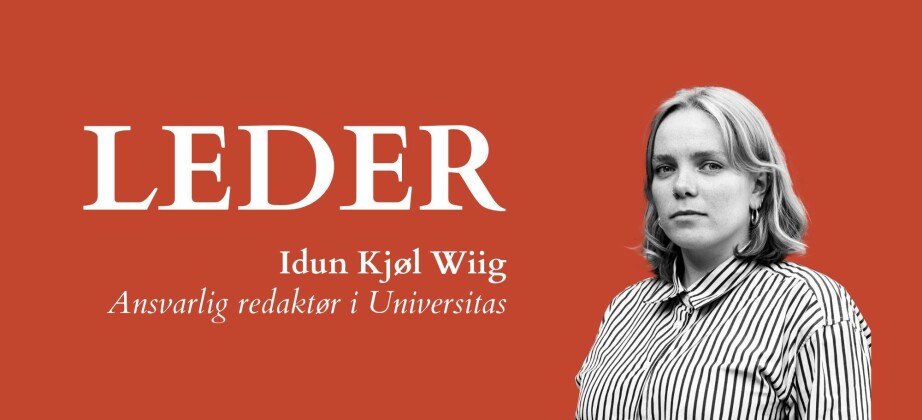
Holding back poor results
Almost one of four of SiO’s cafeterias have been given failing grades, yet students will not be able to find out which cafés this concerns.



In the consumer survey Falkøye 2008, in which students describe their experiences at different student cafeterias and coffee bars, nine of the 40 cafés scored less than 60 points. According to Alain Clérambault, managing director of the Student Cafeterias, the score for a satisfying standard is 65 points. However, the director does not want to let the students know which cafés to avoid.
– Do you not fear that this gives a poor impression of the Student Cafeterias’ openness towards students?
– This is a question of protecting staff. Many of our cafés have fewer than five employees, and by publicizing the survey results, we run the risk of exposing individual employees. I am in favour of openness as long as it helps improve the quality of the student cafeterias, but I am not in favour of openness if it results in the ridicule of individuals. This is not how one raises standards. However, I am very willing to meet students who have concrete questions concerning the cafeterias’ results.
A monopoly is no excuse
Ingvild Skogvold, deputy leader of the Welfare Council, thinks that an impression of how each café did in the survey would be preferable, but understands that the Student Cafeterias want to consider internal matters as the survey is so fresh.
– In general, we strive to make sure that as much information as possible is given to students, but it is understandable that the Student Cafeterias are now prioritizing internal evaluations, she says.
One of the students who participated in the survey was Daniel Schmidt, who is taking a bachelor’s degree in European and American studies at the University of Oslo. Among the cafés he visited were the Informatics café and Forskningsveien café.
– As a customer, among the things I was supposed to notice were whether there were any food left on the tables, and whether the staff remembered to ask if I would like a receipt, he says.
– The location, availability and price level at the Student Cafeterias are beneficial for students, and this makes it hard for other cafés to compete with them. The offer in terms of food should be as good as other places as well, but it seems as if the Student Cafeterias have a job to do in this respect.
Blames bad luck
Schmidt thinks that the information regarding which cafés did poorly in the survey is business of the Student Cafeterias, and he expects that more information concerning this will be released when the necessary improvements have been made.
Clérambault states that the biggest challenge for the Student Cafeterias in the future will be widening the range of products available.
– We are planning amongst other things to refurbish the cafeteria at the Faculty of Social Sciences, and we wish to offer a broader range of product groups there. In addition to this, several cafés have received negative feedback regarding quality and service, but this is easier for us to fix, he says.
According to Clérambault, low scores may be the result of unfortunate circumstances, such as there only being temps at work, or that many employees were absent due to illness.
– One of the cafés had just replaced the staff when the place was evaluated, he says.

































